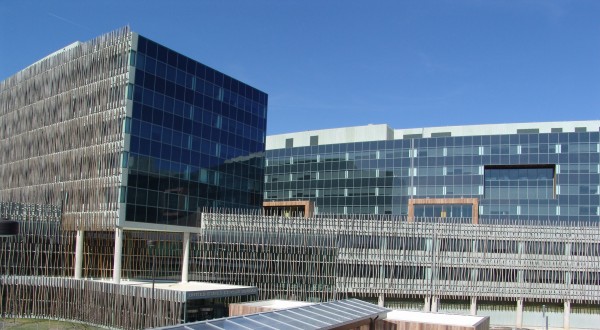Census Reports Rise in Income Inequality


According to the U.S. Census Bureau, income inequality in the United States has risen by 1.6% from 2010-2011. The census report states:
“The share of aggregate income increased 1.6 percent for the highest quintile”
The most dramatic gains were made by the top five percent of income earners, those making over $186,000 a year, with almost a five percent gain in share of income. These growth trends have eclipsed the continued decline of median household income. To put it in perspective, median income before the recession in 2007 was $54,916 (adjusted to 2012 dollars).
“Real median household income in the United States in 2011 was $50,054, a 1.5 percent decline from the 2010 median and the second consecutive annual drop”
Despite the overall trend of economic progress since the recession 'ended' in 2010, not all socioeconomic classes are benefiting equally. From 2010 to 2011, as median household income has fallen, individuals in the highest quintile have increased their share of income. This phenomena can obscure data that measures aggregate or average income, which has risen overall. Emmanuel Saez, a Professor of Economics at UC Berkeley, suggests that such a trend is likely tied to the recent increase in corporate profits.
“National Accounts statistics show that corporate profits and dividends distributed have grown strongly in 2011 while wage and salary accruals have only grown only modestly. This suggests that the Great Recession will only depress top income shares temporarily and will not undo any of the dramatic increase in top income shares that has taken place since the 1970s.”
At the other end of the economic spectrum, poverty statistics have essentially plateaued. "After three consecutive years of increases, neither the official poverty rate nor the number of people in poverty were statistically different from the 2010 estimates," the Census Bureau reported.
Luckily, Americans are no longer falling into poverty at an increasing rate, which has risen steadily from 12.5 percent in 2007 to 15.1 percent in 2010. However, they have not experienced to the kind of recovery seen by those with annual incomes $186,000 and up.
The study also analyzed health insurance coverage trends, which have seen slight changes since 2010. The Census Bureau found no statistically significant changes in the rate or number of people covered by private, employment-based, or direct-purchase health insurance. The rate and number of people being covered by government health plans (Medicare, Medicaid, military, and other government programs) however, did increase by 1% from 2010 to 2011. Consequently, the number of Americans without health insurance coverage has decreased by 1.4 million people.
As the economic recovery continues to crawl forward, the middle-class is still asking the question, when will the economy improve and what is causing this rise in income inequality? The Census report offers some insight for answering this question, but the outlook for the middle-class remain uncertain.


